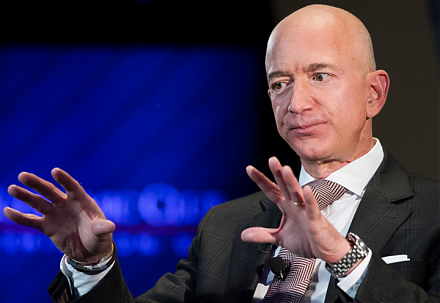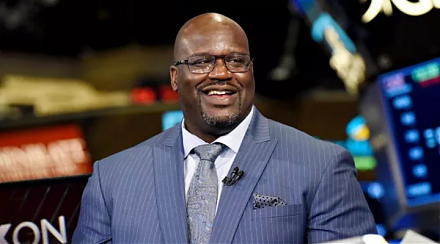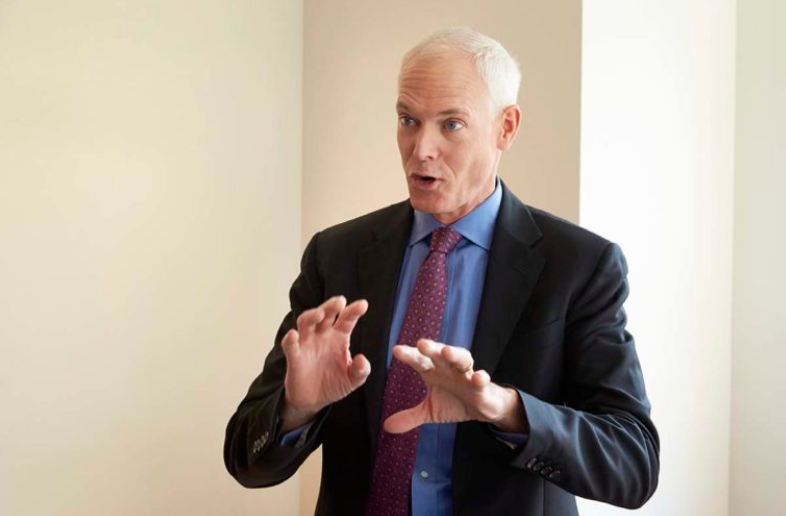

2017-12-07 08:31:00 Thu ET
treasury deficit debt employment inflation interest rate macrofinance fiscal stimulus economic growth fiscal budget public finance treasury bond treasury yield sovereign debt sovereign wealth fund tax cuts government expenditures
Large multinational tech firms such as Facebook, Apple, Microsoft, Google, and Amazon can benefit much from the G.O.P. tax reform. A recent stock research report assumes the effective U.S. corporate income tax rate declines from 35% to 21%-22% in January 2018 with no subsequent changes in international taxes and all other aspects of the U.S. tax legislation. Specifically, Google will receive tax benefits of more than $2 billion in 2018, Facebook expects to attain tax cost reductions of $1.5 billion, and Amazon will enjoy about $1 billion in tax credits. Also, these tech firms plan to expand their capital expenditures with preferential tax provisions in the Trump administration's current tax reform. Overall, these tech firms can expect to achieve hefty tax benefits in the range of $4.5 billion to $5 billion in the 5-year period from 2018 to 2022.
Harvard macrofinance professor Greg Mankiw entertains a key policy question: how much would the average real wage rise for each $1 decrease in the typical firm tax outlay ceteris paribus? The answer is likely to be $1.5 to $2 in real wage terms for each $1 tax cut, or equivalently $4,000 to $ 9,000 per capita per year. Several eminent economists such as Brad DeLong, Larry Summers, and John Cochrane suggest that if we take into account positive externalities and positive returns to the scale of capital usage, the resultant real wage increase can turn out to be higher. An open controversy clouds the fundamental view of whether these massive tax cuts may exacerbate fiscal inequality in America.
If any of our AYA Analytica financial health memos (FHM), blog posts, ebooks, newsletters, and notifications etc, or any other form of online content curation, involves potential copyright concerns, please feel free to contact us at service@ayafintech.network so that we can remove relevant content in response to any such request within a reasonable time frame.
2019-03-07 12:39:00 Thursday ET

A physicist derives a mathematical formula that success equates the product of both personal quality and the potential value of a random idea. As a Northeas
2019-08-06 07:28:00 Tuesday ET

Former basketball star Shaq O'Neal has almost quadrupled his net worth once he learns and applies an ingenious investment strategy from Amazon Founder J
2019-09-13 10:37:00 Friday ET

China allows its renminbi currency to slide below the key psychologically important threshold of 7-yuan per U.S. dollar. A currency dispute between the U.S.
2020-11-10 07:25:00 Tuesday ET

The McKinsey edge reflects the collective wisdom of key success principles in business management consultancy. Shu Hattori (2015) The McKins
2020-08-12 07:25:00 Wednesday ET

Most sustainably successful business leaders make a mark in the world, create a positive impact, and challenge the status quo. Jerry Porras, Stewart Emer
2023-06-21 12:32:00 Wednesday ET

Michael Sandel analyzes what money cannot buy in stark contrast to the free market ideology of capitalism. Michael Sandel (2013) What money